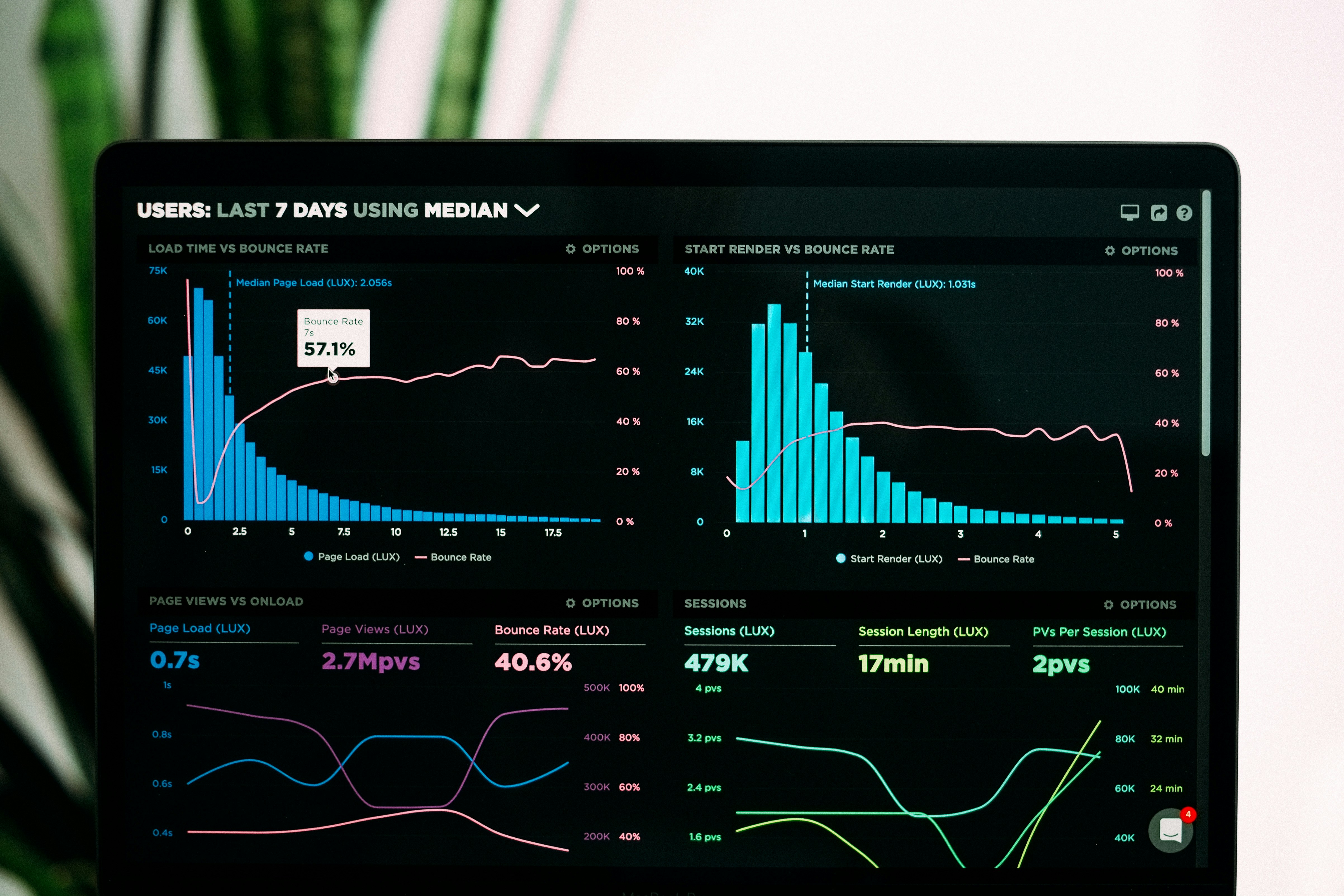Revenue Management, Marketing, and Data Analysis in the Hospitality Industry
January 3, 2024 | by onrevenue.net
 Photo by Luke Chesser on Unsplash
Photo by Luke Chesser on Unsplash In the fast-paced and competitive world of hospitality, revenue management, marketing, and data analysis play crucial roles in the success of a business. These three components work together to optimize revenue, attract customers, and make informed decisions. Let’s explore each of these aspects and understand how they contribute to the growth and profitability of the hospitality industry.
Revenue Management
Revenue management is the strategic process of optimizing pricing, inventory, and distribution to maximize revenue and profitability. It involves analyzing market demand, setting prices, managing availability, and implementing distribution strategies. By leveraging data and technology, revenue managers can make data-driven decisions to achieve the best possible financial outcomes.
One of the key objectives of revenue management is to sell the right product to the right customer at the right time and for the right price. This requires a deep understanding of customer behavior, market trends, and competitor analysis. Revenue managers use various tools and techniques, such as forecasting, pricing optimization, and demand analysis, to achieve this goal.
Marketing
Marketing is essential for any business, including the hospitality industry. Effective marketing strategies help attract and retain customers, increase brand awareness, and drive revenue. In the digital age, hospitality businesses need to embrace online marketing techniques to reach a wider audience and stay ahead of the competition.
Online marketing channels, such as social media, search engine optimization (SEO), and email marketing, offer cost-effective ways to engage with potential customers. By creating compelling content, optimizing websites for search engines, and leveraging social media platforms, hospitality businesses can effectively market their products and services to a targeted audience.
Personalization is another key aspect of modern marketing. By analyzing customer data, businesses can tailor their marketing campaigns to individual preferences and behaviors. This personalized approach helps build customer loyalty and drives repeat business.
Data Analysis
Data analysis plays a crucial role in revenue management and marketing in the hospitality industry. By collecting and analyzing data, businesses can gain valuable insights into customer preferences, market trends, and competitor strategies. This data-driven approach enables informed decision-making and helps identify opportunities for growth and improvement.
Data analysis techniques, such as segmentation, regression analysis, and predictive modeling, allow businesses to understand customer behavior, identify profitable market segments, and forecast demand. By leveraging these insights, businesses can optimize pricing, allocate resources efficiently, and tailor marketing efforts to maximize revenue.
Furthermore, data analysis helps businesses measure the effectiveness of marketing campaigns and identify areas for improvement. By tracking key performance indicators (KPIs) and analyzing marketing metrics, businesses can refine their strategies and allocate resources more effectively.
Conclusion
Revenue management, marketing, and data analysis are integral to the success of the hospitality industry. By strategically managing revenue, implementing effective marketing strategies, and leveraging data analysis, businesses can optimize profitability, attract customers, and stay ahead of the competition. Embracing these three components will enable hospitality businesses to thrive in an ever-evolving industry.
RELATED POSTS
View all



